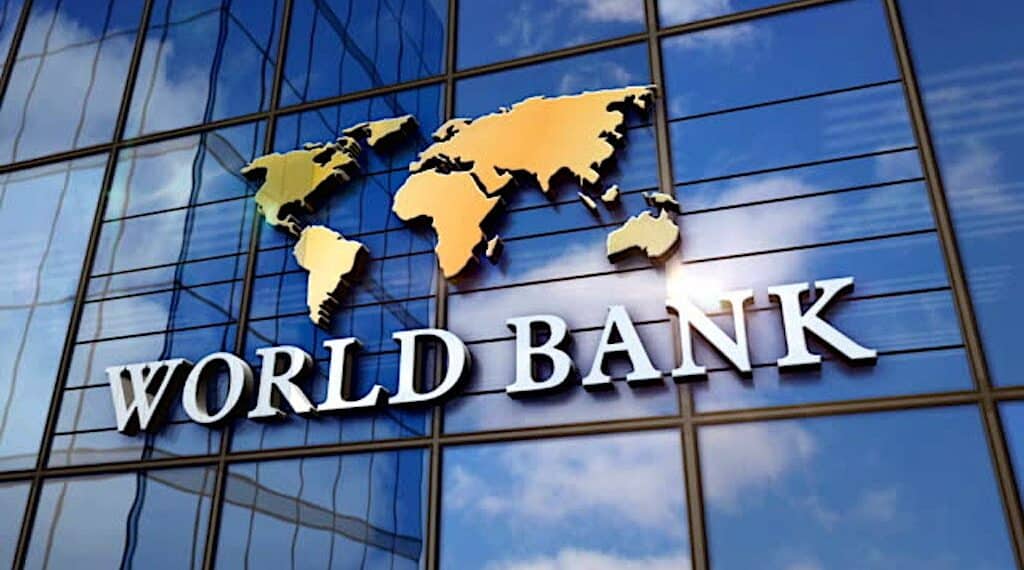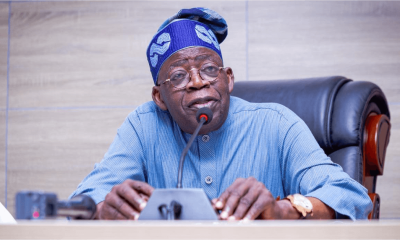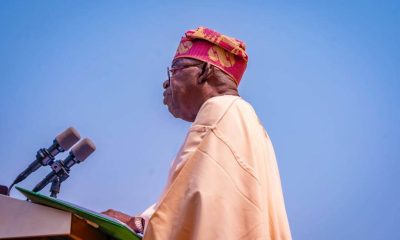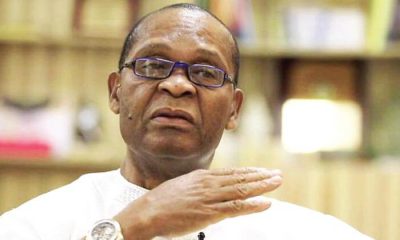Nigeria News
104 Million Nigerians Hit By Poverty Amidst Subsidy, Forex Reforms — World Bank

The World Bank’s Nigeria Development Update (NDU) report, released in Abuja today, revealed that over 104 million Nigerians currently reside below the poverty line following President Bola Tinubu’s economic reforms.
The report highlights that the removal of petrol subsidies and the unification of foreign exchange rates have led to heightened costs of living, resulting in an increased number of Nigerians falling into poverty.
While acknowledging the Federal Government’s “bold reforms,” the world financial institution praised the efforts as crucial for steering Nigeria away from a fiscal crisis.
The institution characterized the current challenges as temporary and emphasized that the country is on a trajectory towards full recovery due to the implementation of various policies by both fiscal and monetary authorities.
The World Bank also urged transparency, specifically calling on the Nigerian National Petroleum Company Limited (NNPCL) to publicly disclose its statement of accounts and report its revenue inflows.
The report reads in part: “The removal of the subsidy was announced on May 29, and pump prices were adjusted on June 1.
“This results in expected fiscal savings of around N2 trillion in 2023 or 0.9 percent of GDP.
“Between 2023 and 2025, the expected gains are over N11 trillion, against a scenario in which the subsidy had continued.”
On NNPC, it said: “Publish detailed financial statements and revenue flows of NPPC to safeguard the fiscal savings from the subsidy reform and ensure that oil revenues flow to the Federation (Account).”
During his comments, The World Bank Country Director for Nigeria, Shubham Chaudhuri, mentioned that the monthly expenditure on fuel subsidies ranged between N300 billion and N400 billion.
Additionally, he noted that the anticipation was for the Nigerian National Petroleum Company Limited (NNPCL) to contribute such funds to the Federation Account. However, he pointed out that this expectation has not been met in practice.
He added: “The petrol subsidy and forex management reforms are critical steps in the right direction towards improving Nigeria’s economic outlook.
“Now is the time to truly turn the corner by ensuring coordinated fiscal and monetary policy actions in the short to medium term.“












